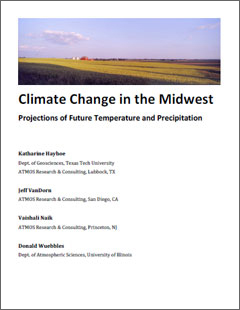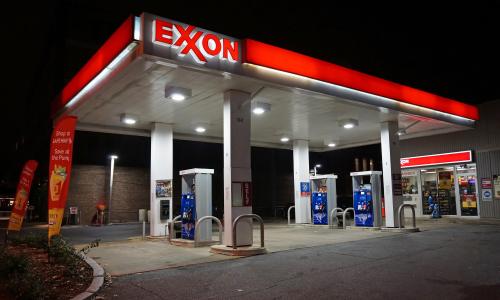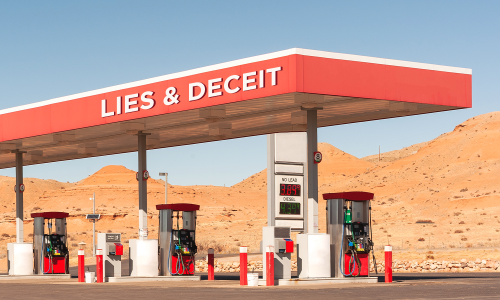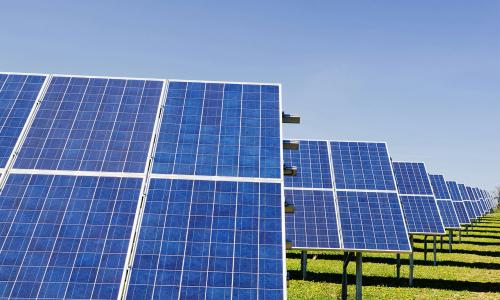A series of reports by Union of Concerned Scientists (UCS) and leading climate scientists provides an in-depth look at the potential consequences of climate change in the U.S. Midwest. The Confronting Climate Change in the U.S. Midwest series shows that without strong action to reduce heat-trapping emissions, midwestern states could face dramatic changes including increases in the number of extreme heat days, heavier rains in the spring causing delays in agricultural planting, and an expansion of the range for crop-damaging pests.
However, the report also shows that with strong action in the Midwest, and the nation, many of these worst consequences of climate changes could be avoided. Many opportunities to reduce heat-trapping emissions are ready and available today and would help put the region on the path to a clean energy future and be an example to the nation.
Acknowledgements
This report was made possible in part through the generous support of The Energy Foundation, Wallace Research Foundation, and Fresh Sound Foundation, Inc. The report was prepared by the Union of Concerned Scientists, with Melanie Fitzpatrick as project manager, Barbara Freese as lead science writer, and Bryan Wadsworth as editor. Rouwenna Lamm provided invaluable help in all stages of production. Our analysis is based on research conducted by Katharine Hayhoe (Texas Tech University) and Donald Wuebbles (University of Illinois). Elizabeth Youngblood and Lorraine Grosslight assisted with state information.
We thank the following reviewers for helpful comments:
Charles Griffin, Ecology Center, Michigan
Amy Gomberg, Environment Ohio
J. Drake Hamilton, Fresh Energy, Minnesota
Jesse Kharbanda, Hoosier Environmental Council
Nancy Lange, Izaak Walton League, Minnesota
Erin Noble, Missouri Coalition for the Environment
Satya Rhodes-Conway, Center on Wisconsin Strategy
Andrew Snow, Environmental Law and Policy Center, Iowa




